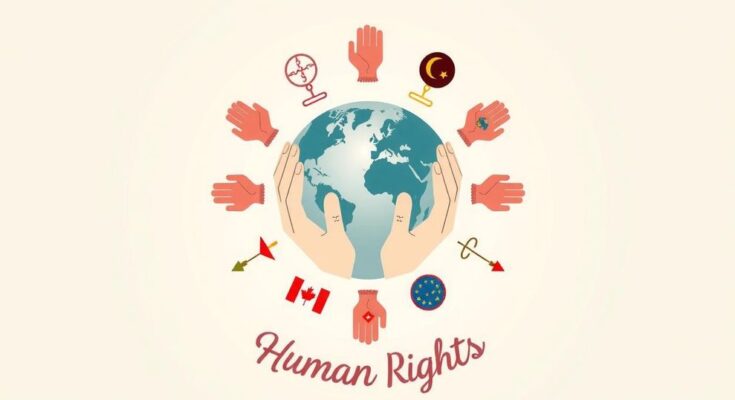On 18 February 2024, a landmark day dawned upon Africa with the adoption of the Protocol to the African Charter on Human and Peoples’ Rights on Specific Aspects of the Right to a Nationality and the Eradication of Statelessness. This development ignited hope for millions who have long lived in the shadows, yearning for recognition and belonging under the law.
The Protocol stands as a testament to Africa’s unwavering pledge to uphold the right to nationality for every individual. It asserts that possessing a nationality is vital for safeguarding and exercising all other human rights, while highlighting the urgent need to combat statelessness, a condition that strips individuals of their inherent dignity and legal recognition.
By adopting this Protocol, Africa sought to customise solutions to its nationality challenges, addressing complex issues like transgenerational statelessness and the plight of nomadic populations. Yet, as the calendar turned to 18 February 2025, a sombre reflection overshadowed the celebrations: the Protocol remains unsigned and unratified by many.
Despite notable advances in some nations that have reformed their laws to eliminate statelessness, some states persist in detrimental practices. These include politically motivated nationality forfeiture, inadequate birth registration, and discriminatory laws that often deny women the right to confer nationality, leaving families lost in a void of identity and rights.
On this anniversary, the African Commission on Human and Peoples’ Rights implores all African nations to realise the significance of ratifying this Protocol. It urges that these agreements transform from written promises into living realities, positively impacting the dignity and identity of every African citizen.
As we commemorate, the Commission calls on all states falling under the African Charter to accelerate their ratification processes, aiming for the necessary fifteen approvals to bring the Protocol to life. This momentum echoes commitments made in previous declarations focused on eradicating statelessness within regional frameworks like the ECOWAS and the International Conference on the Great Lakes Region.
Additionally, the Commission appeals for cooperation from the AU Commission, UNHCR, civil society organisations, and partners. Their collective advocacy is vital for the Protocol’s ratification and universal acceptance, aligning with the African Union’s Agenda 2063 and the Sustainable Development Goals, which seek to ‘leave no one behind’.
The activation of the Protocol signifies Africa’s substantial contribution to the recently launched Global Alliance to End Statelessness, illustrating a commitment to public welfare while fulfilling the aspiration of being a formidable global player.
18 February 2025
Honourable Commissioner Selma SASSI-SAFER
Special Rapporteur on Refugees, Asylum Seekers, Internally Displaced Persons and Migrants in Africa
The article commemorates the first anniversary of the Protocol to the African Charter on Human and Peoples’ Rights, adopted on 18 February 2024, to affirm nationality rights and eradicate statelessness. Despite the promise of the Protocol, it remains unratified as of 18 February 2025. The African Commission stresses the need for immediate action from African states to ratify the Protocol to ensure the protection of individual rights and national identity.
In summary, the first anniversary of the Protocol’s adoption highlights a critical moment for Africa. While hopeful strides signify progress for many, the absence of ratification fuels concerns about continuation of statelessness, impacting human dignity. The call for swift ratification and collaborative action is essential, aiming not only for the success of the Protocol but also for realising a future where every individual is recognised and protected under the law.
Original Source: achpr.au.int



